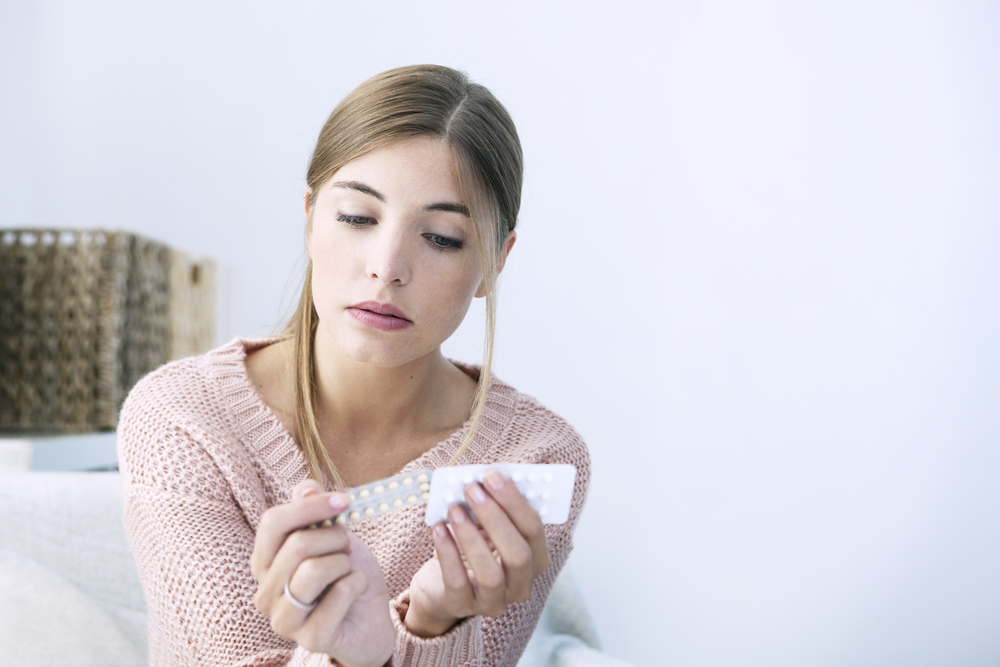
Planning on trying to get pregnant? Congratulations! Now's the time to go off birth control (and yay, at least you won't have to remember to take your pill every, single day). The bad news? A new study published in the Journal of Clinical Endocrinology & Metabolism found that women can experience a drop in their vitamin D levels when they stop taking birth control or other contraceptives containing estrogen.
Why should you care? Because your vitamin D levels can plummet during gestation, and that's bad news for your bone health. Your body may be producing higher amounts of the vitamin to aid in baby's bone development, but that means you are at risk for a deficiency.
"Our findings suggest that contraceptives containing estrogen tend to boost vitamin D levels," says Dr. Quaker Harmon from the U.S. National Institute of Environmental Health Sciences. "For women who are planning to stop using birth control, it is worth taking steps to ensure that vitamin D levels are adequate while trying to conceive and during pregnancy."
For the study, researchers looked at blood samples of about 1,700 black women living in Detroit, Michigan. They determined women who took birth control pills, or used patches or rings with estrogen, had 20 percent higher vitamin D levels. Women who had stopped using those birth control methods had average vitamin D levels.
So, should women who go off the pill simply spend more time outdoors to get sufficient amounts of vitamin D? It may be more efficient to take a prenatal vitamin, and eat more vitamin D-rich foods like fatty fish, fortified cereals, and milk. Talk to your doctor if you are concerned about your risk for a deficiency.
Melissa Willets is a writer/blogger and a mom. Follow her on Twitter (@Spitupnsuburbs), where she chronicles her love of exercising and drinking coffee, but never simultaneously.

